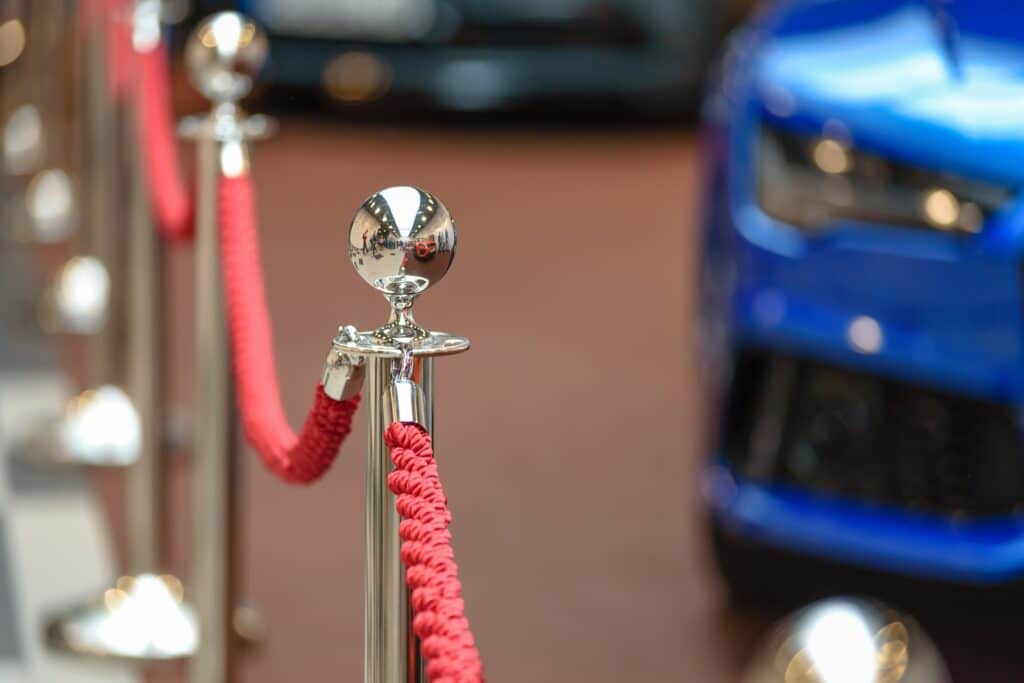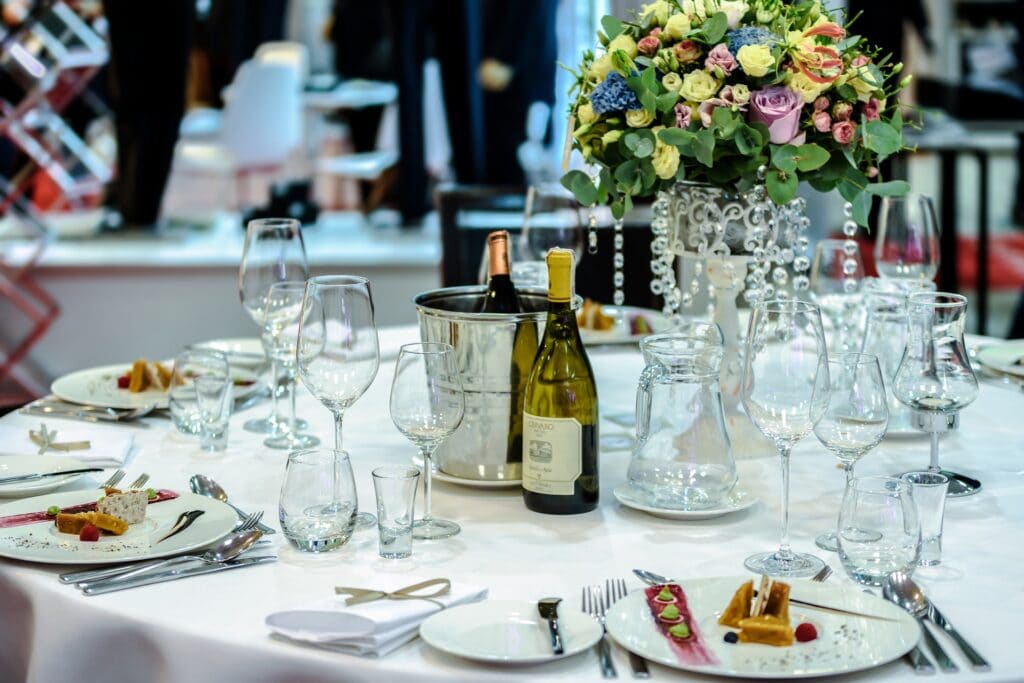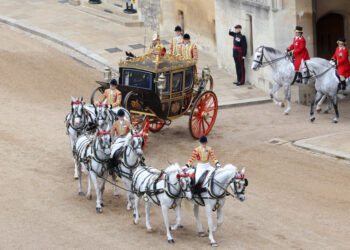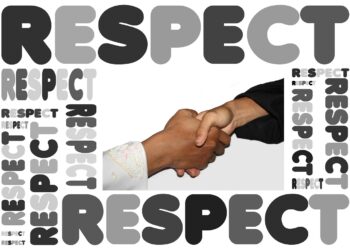
As the World Protocol Magazine Editorial Board, we take enormous pride in keeping this platform open to all experts from the numerous fields of business and protocol: Ms. Phillipa Lawrence is one of the most accomplished protocol professionals in the field today: she served in the highest protocol-related positions in several consulates (First Secretary at the Embassy of Jamaica in Washington) and organisations, including Chief of Protocol at UN Office in Vienna. She is former First Secretary at the Embassy of Jamaica in Washington and former Deputy Chief of Mission at the Embassy of Jamaica to Mexico and a devoted advocate of initiatives supporting women and works closely with the International School of Protocol and Diplomacy (ISPD). Her amazing career speaks for itself: she is an excellent example of the saying “If there is a will, there is a way”!
In this article, she discusses the importance of VIP Management.
VIP Management can be defined as the planning, coordination and execution of matters and events related to the participation of VIPs such as Royalty, Heads of State and Government, Ministers of Government, Heads of Organisations, Corporate Executives, and other dignitaries.

It is intrinsically important in the delivery of protocol, as it defines the image and perception of the VIP and the events in which they participate by creating the correct and appropriate environment for the VIP to perform their functions and to ensure that the scenario and landscape of the event is appropriately established to facilitate the smooth flow of the event and accord the correct treatment.
Knowledge of protocol and etiquette are key to the successful management of the VIP as it essentially comprises a mastery of protocol and etiquette to deliver and articulate the elements which make it conducive to a dignified and ceremonial awareness which is required in managing VIPS.

In relation to protocol it is important first to know how to address the VIP. In this regard it is essential to know the titles, styles, and forms of address both in speaking, in writing and in addressing the VIP. This is the first impression that will be conveyed of the VIP and so it is critical that this is approached in a correct manner. Additionally, it is important to know their position in the order of precedence which determines their level of importance and also guides how, where and when the VIP will participate. The order of precedence is a sequential hierarchy of national and international positions and determines the rank and status of the VIP within the context of their presence amongst other dignitaries. It is paramount to accord the correct position and rank to the VIP so that they will benefit from the correct treatment and privileges that come with their position including correct positioning in seating, in a motorcade, at ceremonies and at social events.
VIP Management also encapsulates a keen understanding of ceremonial events. It is important to know how to conduct high level event management including ceremonial protocol involving VIPs. VIPs often take part in high level events and ceremonies and so to appropriately manage a VIP one needs to know how to plan these events. The setting, the logistical and the location of these events is critical when VIPs take part. This also includes the type of programme points, the participation of the VIP in the programme points and conceptualising, planning and execution of ceremonies to ensure that all arrangements focusing on the participation of the VIP rums smoothly, of critical importance is the security required for a VIP and how to coordinate it so that the protection and safety of the VIP is given paramount importance.
Apart from ceremonial events there are also social events such as Official and State Dinners and functions as well as receptions in which the VIP will participate. On such occasions it is important to pay attention to invitees, the seating, the toasts as well as the meal planning to ensure that the needs of the VIPs are met.

An understanding of the dynamics of etiquette as a code of conduct for appropriate behaviour in a determined context is also essential. Etiquette transforms a man into a gentleman or a woman into a lady. One must impart the knowledge of the elements of etiquette to guide deportment in a social and ceremonial context so that their image translates to the positions that is held as VIPs.
In light of the above, it can be stated that VIP Management is a strategic and coordinated execution of protocol and etiquette to ensure that a VIPs participation in events is successfully managed and executed in ensuring that they are accorded the proper and correct treatment and that their image, reputation, and status is carefully curated to advance stated objectives to the benefit of the VIP.




